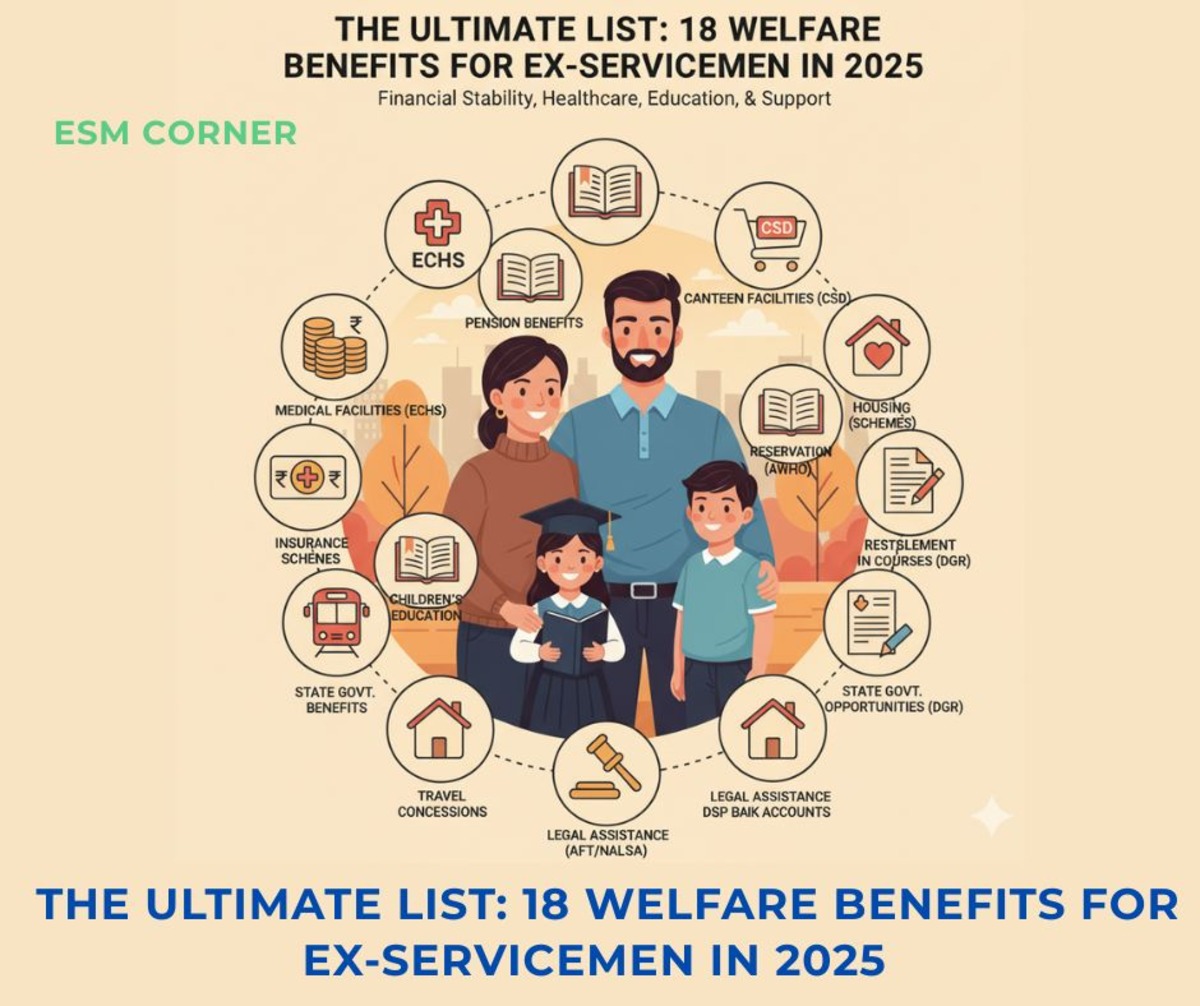
Retirement from the Armed Forces is not the end of service—it is the beginning of a new phase of life. After dedicating their best years to protecting the country, Ex-Servicemen (ESM) deserve respect, care, and support. The Government of India, Armed Forces Welfare Organisations, and many state governments have created a wide network of welfare schemes to ensure financial stability, healthcare, resettlement opportunities, and social dignity for veterans and their families.
These benefits are not limited to the soldier alone. They extend to spouses, children, and dependents, ensuring that the family of a veteran remains secure. Below is a complete guide to the major facilities available for Ex-Servicemen and their families in 2026, explained in simple terms.
1. Pension Benefits
The pension is the backbone of financial security for most retired soldiers.
- Service Pension: Retired soldiers who have completed the required years of service receive a monthly pension. This gives them a steady income even after leaving the uniform.
- Family Pension: After the veteran’s death, the pension continues for the spouse or eligible dependents, ensuring that the family does not face financial hardship.
- Disability Pension/Impairment Relief : Soldiers injured or disabled during service receive extra pension support. This helps them and their families manage expenses despite reduced physical ability.
These pensions ensure that no soldier or their family is left helpless after years of national service.
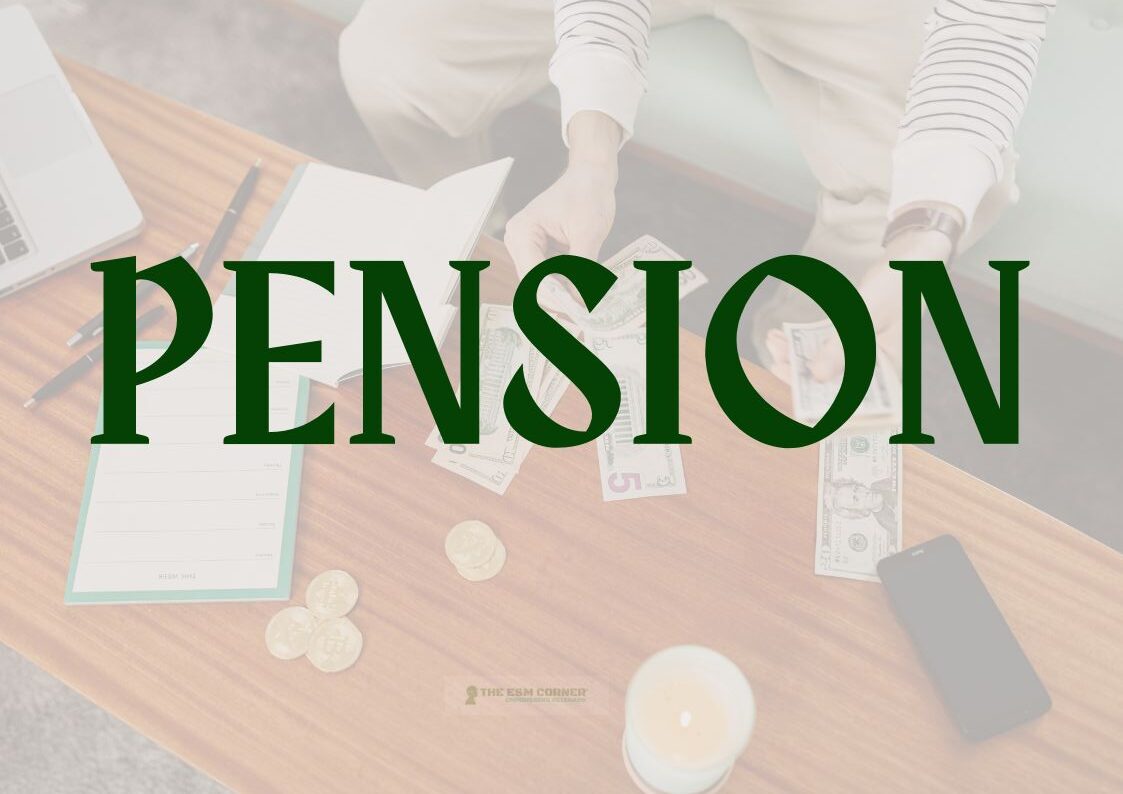
As of now, defence pensions are disbursed through SPARSH (System for Pension Administration–RAKSHA), a web-based portal launched in 2021. It ensures transparency, accuracy, and timely delivery of pensions to veterans and family pensioners. Covering initiation, sanction, disbursement, and revision, SPARSH simplifies pension management. However, the system has many glitches, and pensioners often raise complaints.
2. Medical Facilities (ECHS)
Good health is vital after retirement. That is why the government started the Ex-Servicemen Contributory Health Scheme (ECHS).
- Veterans and their dependents get cashless treatment and Capless treatment at selected private hospitals, military hospitals, and ECHS polyclinics.
- The ECHS Smart Card allows easy access to consultations, medicines, diagnostic tests, and surgeries.
- Emergency treatments, follow-up care, and preventive check-ups are also included.
This ensures that veterans and their families receive the best possible healthcare without worrying about bills.
3. Canteen Facilities (CSD)
One of the most valued benefits for Ex-Servicemen is lifelong access to the Canteen Stores Department (CSD). It provides goods at subsidized rates, which helps reduce daily expenses and supports a better standard of living. CSD outlets are spread across India with clear pricing and occasional offers, making it easier for veterans and their families.
CSD items are divided into three groups:
- AFD Items (Against Firm Demand): Cars, bikes, refrigerators, washing machines, televisions and other white goods.
- Non-AFD Items: Edible oil, Detergents, groceries, household goods, lifestyle products.
- Liquor: Whisky, rum, beer, wine and other alcoholic beverages.

4. One Rank One Pension (OROP) for Veterans
OROP ensures that all armed forces personnel retiring at the same rank with the same length of service receive equal pension, regardless of their retirement date. It promotes fairness and reduces disparities among veterans.
Eligibility:
All retired Army, Navy, and Air Force personnel, including voluntary retirees; family pensioners; gallantry awardees; and war widows.
Benefits:
- Uniform pension for same rank and service length.
- Payment of arrears: veterans in four half-yearly instalments; family pensioners in one instalment.
- Periodic pension revision every five years.
- Fixation under 7th CPC with a factor of 2.57.
Status:
As of now, three rounds of OROP have been granted — OROP-I, OROP-II, and OROP-III.
5 . Insurance Schemes
While in service, soldiers contribute to Group Insurance Schemes of the Army, Navy, or Air Force. After retirement, an extended insurance cover is issued by their respective departments, which remains valid for the next 30 years or until death, whichever is earlier.
- They receive a lump-sum amount as financial security.
- In case of the veteran’s death, the family receives insurance money to stay financially stable.
This acts as an additional financial cushion along with pension and gratuity.
👉 Click Here to know more about Extended Insurance by AGIF
6. Resettlement Opportunities (DGR)
Life after the military can be uncertain, so the Directorate General Resettlement (DGR) helps veterans start second careers.
- Skill Training: Courses in IT, project management, security, retail, and entrepreneurship.
- Job Opportunities: Job fairs, seminars, and links to private companies, PSUs, and government departments.
- Self-Employment Schemes: Veterans can run petrol pumps, gas agencies, and security firms.
- Support for Widows and Disabled Veterans: Financial help and employment options for dependents.
- Online Portal: dgrindia.gov.in helps with registrations, job updates, and training programs.
This ensures Ex-Servicemen remain productive and financially independent.
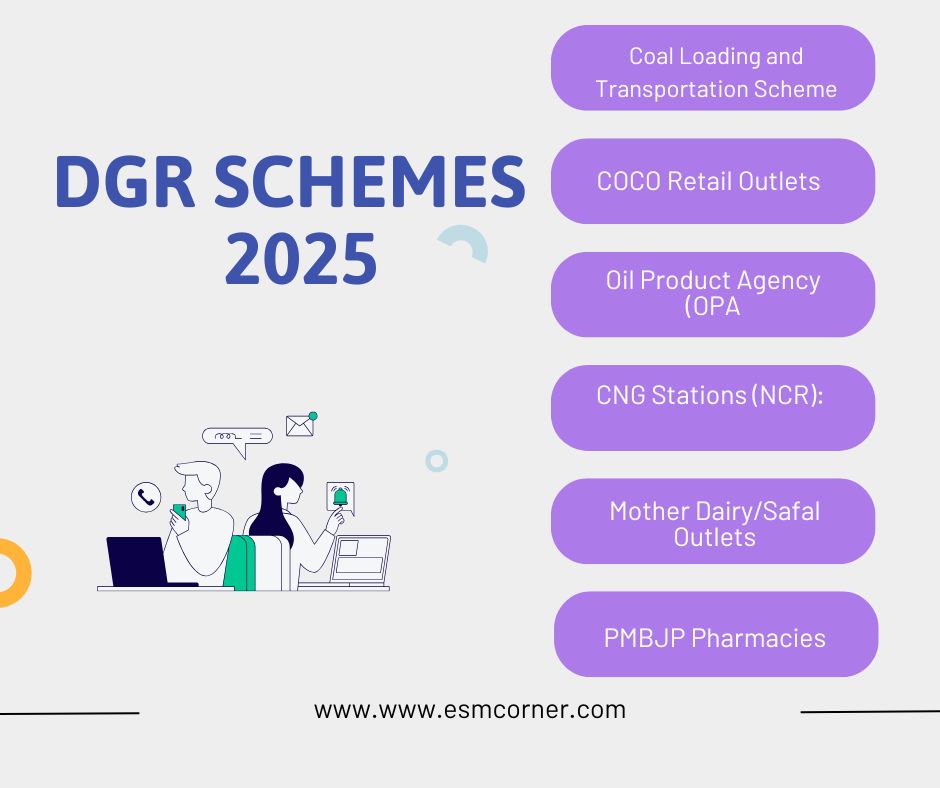
7. Housing Schemes (AWHO)
The Army Welfare Housing Organisation (AWHO) builds housing projects across India for serving and retired personnel.
- Affordable, well-planned homes are offered at concessional rates.
- Tie-ups with banks provide special home loans at lower interest rates.
- Veterans get priority allotment and transparent booking processes.
This helps retired personnel secure their dream of owning a safe and comfortable home.
8. Children’s Education Benefits
Education is one of the top priorities for soldiers’ families.
- Scholarships, tuition fee reimbursements, and reserved seats are provided.
- Institutions like Kendriya Vidyalayas, Army Public Schools, Sainik Schools, RIMC, RMS, and professional colleges offer priority admissions and fee concessions.
This ensures that the children of veterans do not face barriers in achieving their educational goals.
9. Reservation in Professional Courses
Apart from scholarships, children of veterans get reserved seats in medical, engineering, law, and other higher studies.
- The Army Welfare Education Society (AWES) runs colleges exclusively for wards of armed forces personnel.
- In addition, many private colleges across India also provide fee concessions and benefits to the wards of ex-servicemen.
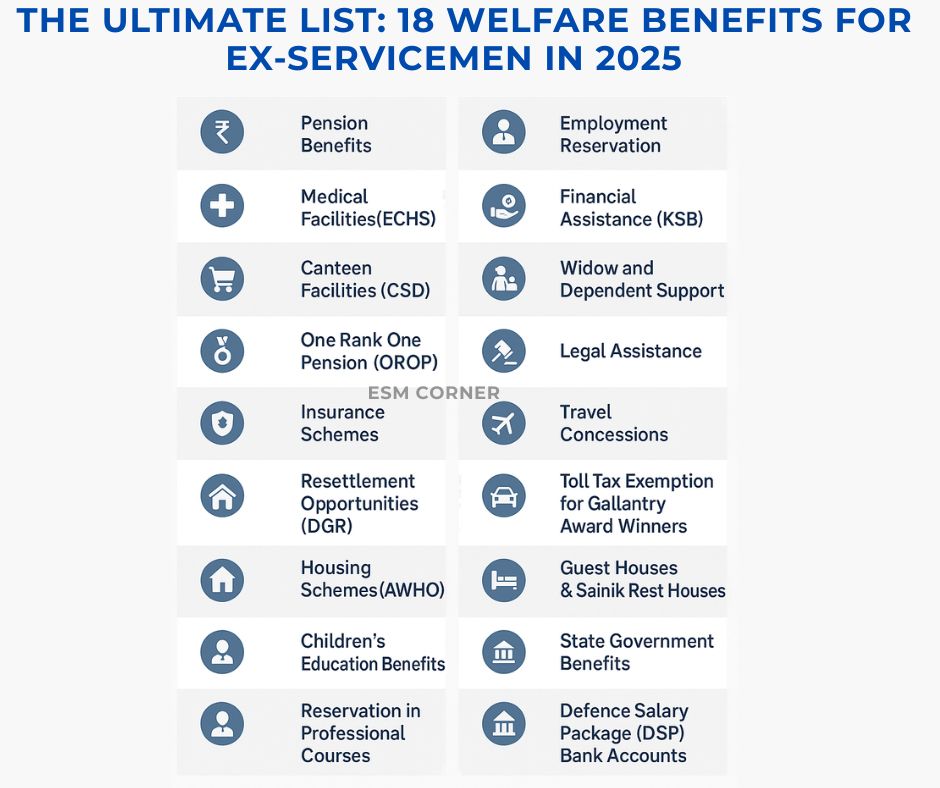
10. Employment Reservation
Government jobs and PSUs reserve posts for veterans.
- Central Civil Services: 10% reservation in Group C and 20% in Group D.
- PSUs & Banks: 14.5% in Group C and 24.5% in Group D.
- CAPFs (like BSF, CRPF): 10% reservation up to Assistant Commandant level.
These policies help Ex-Servicemen build second careers, though in practice many face challenges like lack of awareness and qualification requirements.
11. Financial Assistance (KSB)
The Kendriya Sainik Board (KSB) is the apex body under the Ministry of Defence that looks after the welfare of Ex-Servicemen and their families. It provides financial assistance and support through various schemes, acting as a safety net during difficult times. Some of the key grants and relief funds include:
- Marriage grants for daughters
- Education grants for children
- Medical assistance for serious diseases
- Loans for housing or self-employment
- Emergency relief during disasters or crises
12. Widow and Dependent Support
Families of soldiers who die in service are given strong support systems.
- Family pensions, scholarships, marriage grants, and housing help.
- Priority in ECHS, AWHO housing, and financial relief schemes.
- Widows are also given opportunities for resettlement and self-employment.
13. Legal Assistance
Veterans and their families often face legal challenges related to pensions, property, or other service matters. To support them, the Government of India provides special legal aid through dedicated bodies and schemes. Key initiatives include:
- Armed Forces Tribunal (AFT) – Established on 8 August 2009, the AFT provides speedy justice to serving and retired armed forces personnel. It handles service-related cases such as pension disputes, disability benefits, promotions, and wrongful discharge.
- National Legal Services Authority (NALSA) – Formed in 1995, NALSA offers free legal aid to veterans and their families. It assists in pension disputes, land or property issues, and other civil or criminal matters without heavy legal costs. Under NALSA, the Veer Parivar Sahayata Yojana, launched on Kargil Vijay Diwas, 26 July 2025, provides free legal services and assistance to families of soldiers who sacrificed their lives in the line of duty.
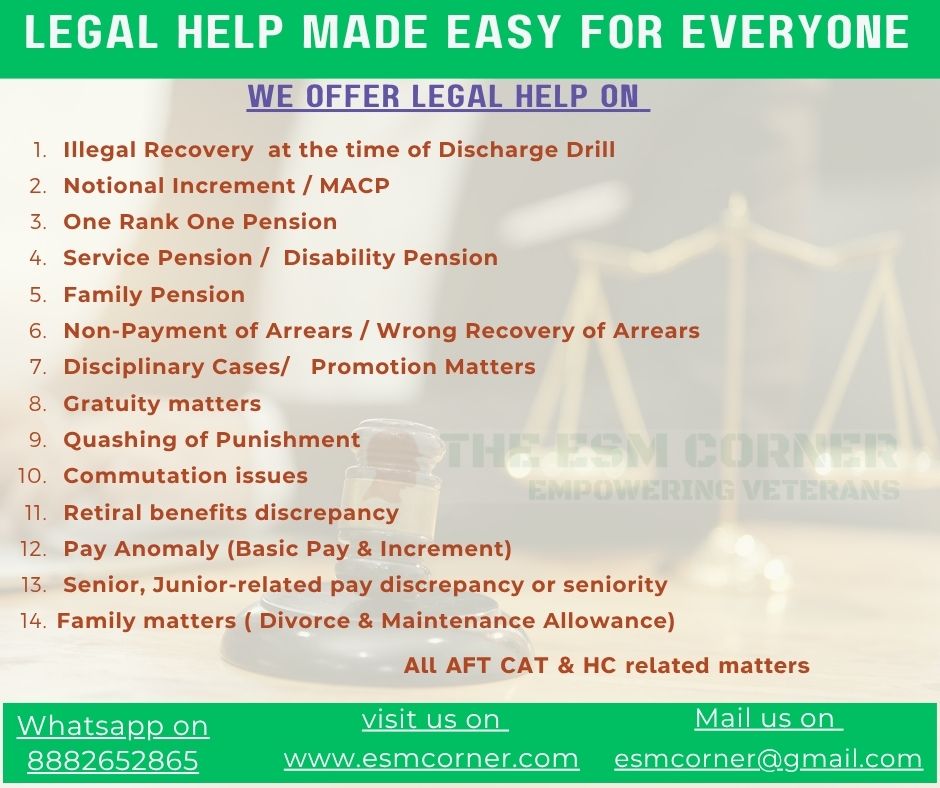
14. Travel Concessions
Travel benefits make it easier for ex-servicemen, serving personnel, and their families to move across the country.
✈️ Air Travel
- Serving and retired armed forces personnel, along with their families, can get up to 50% discount on domestic flight tickets with airlines like Air India, IndiGo, and SpiceJet.
- A valid Defence ID card is required to avail of these discounts.
🚆 Rail Travel
- War Widows: Eligible for 75% discount on sleeper-class train tickets.
- Gallantry Awardees: Can travel free in AC First Class or AC 2-tier, often including one accompanying family member.
- Other Veterans: Special concessions are available on rail travel; details can be confirmed with the Kendriya Sainik Board (KSB) or Indian Railways.
🚌 Bus Travel
- Many state transport services provide special provisions for veterans and Gallantry Awardees.
- Gallantry Awardees often get free or highly subsidized bus tickets within the state.
- War widows and other Ex-Servicemen may also receive concessions ranging from 25% to 50%, depending on state rules.
15. Toll Tax Exemption for Gallantry Award Winners
In addition to travel concessions, gallantry award winners such as Param Vir Chakra, Ashok Chakra, Vir Chakra, Shaurya Chakra, etc., are exempted from paying toll tax on national highways.
- This recognition reduces their travel costs.
- It also honours their bravery and sacrifice for the nation.
This facility is a mark of respect from the country to its bravest soldiers.
16. Guest Houses & Sainik Rest Houses
Veterans and their families can stay in Sainik Rest Houses at affordable rates.
- Located near cantonments, hospitals, and cities.
- Useful during medical visits, training, official work, or tourism.
- Safe and budget-friendly accommodation for ex-servicemen.
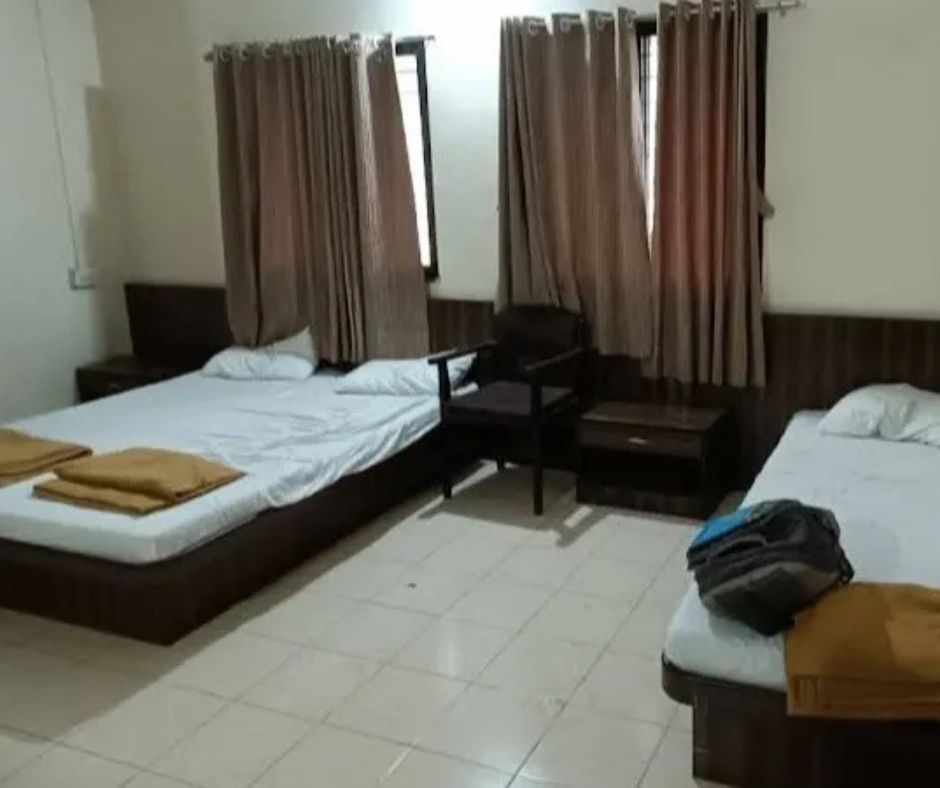
17. State Government Benefits
Every state in India offers extra support to its veterans. These include:
- Free or subsidized plots for housing.
- Scholarships and reserved seats for children in state colleges.
- Priority in state government jobs.
- Stamp duty and registration fee waivers.
- Free or concessional bus travel.
Each state has a Rajya Sainik Board (RSB) to monitor and implement these benefits.
18. Defence Salary Package (DSP) Bank Accounts
Banks like SBI, PNB, and Bank of Baroda provide DSP Accounts to defence pensioners.
- No minimum balance.
- Lower interest rates on loans.
- Free ATM withdrawals.
- Free cheque books and demand drafts.
- NO fee on RTGS/NEFT
- Accidental insurance cover.
This ensures Ex-Servicemen enjoy banking services tailored to their needs.
Conclusion
The shift from military life to civilian life is not easy. But India has built a strong network of welfare measures to support its veterans and their families. From pensions, healthcare, and education to housing, employment, and financial aid—every aspect of life after service is covered.
By spreading awareness of these facilities, more Ex-Servicemen and their dependents can claim what rightfully belongs to them. A nation that takes care of its soldiers in peace truly honours their sacrifice in war.
👉 ALSO READ I 10 MUST-KNOW BENEFITS AND UPDATES FROM THE DIRECTORATE OF CANTEEN SERVICES IN 2026


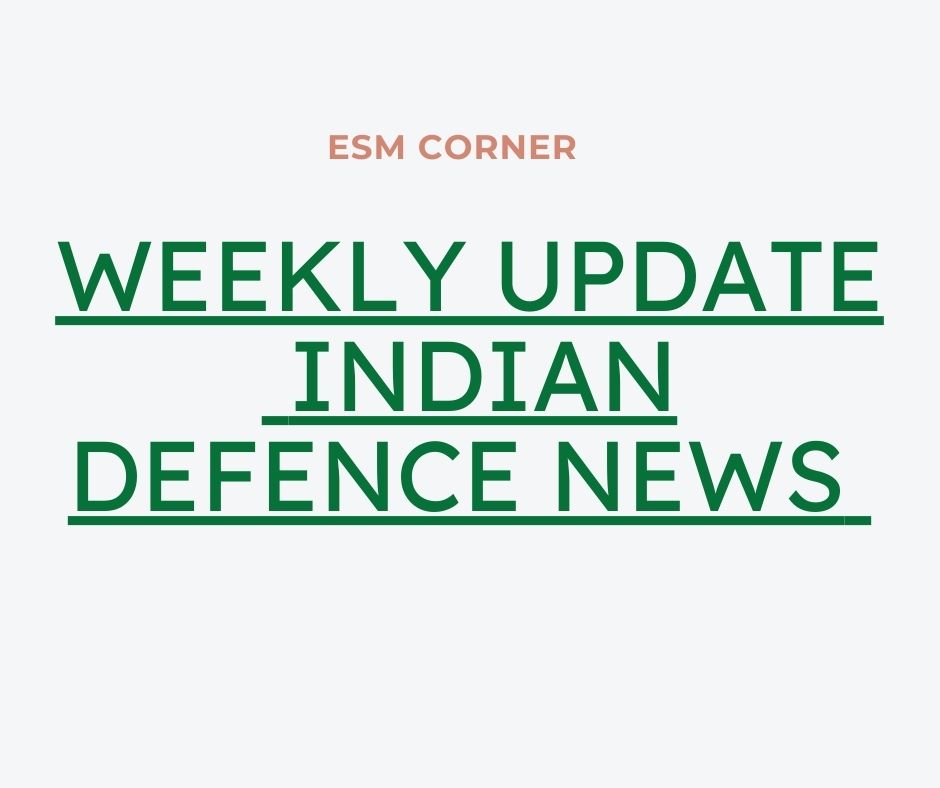
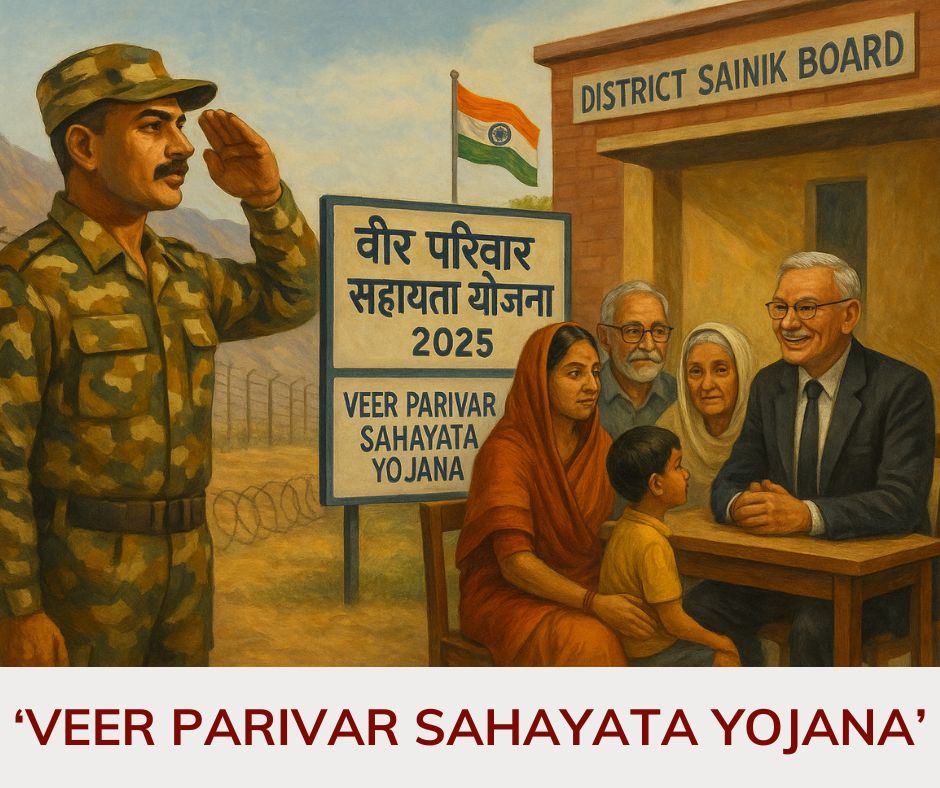


A very useful information is provided.
Thanks.
Please provide information about Veteran aged 80years pension benefits.
Very nice Sir. Most useful information s available.
Abolish ECHS & provide health insurance even for smaller amount i.e. from 3 Lakhs to 5 lakhs of even more. We veterans are ready to subscribe more if necessary. Can’t explain the difficulties & harassments made by the system. Lots of running around start from policlinic to empanelled hospitals etc. will be avoided, saving of def.budget will be there. Hope today or tomorrow or even after our death, this has to come. No need for such an big organisation..
This’s absolutely my personal suggestion for a better future of the veterans.
Jay hind!
I need letter of execption of registration charges to ex army person
Very helpful. Any chance of home delivery CSD, as by airforce canteen in Delhi
Very helpful news being provided. Thanks
Very usefull informition sir